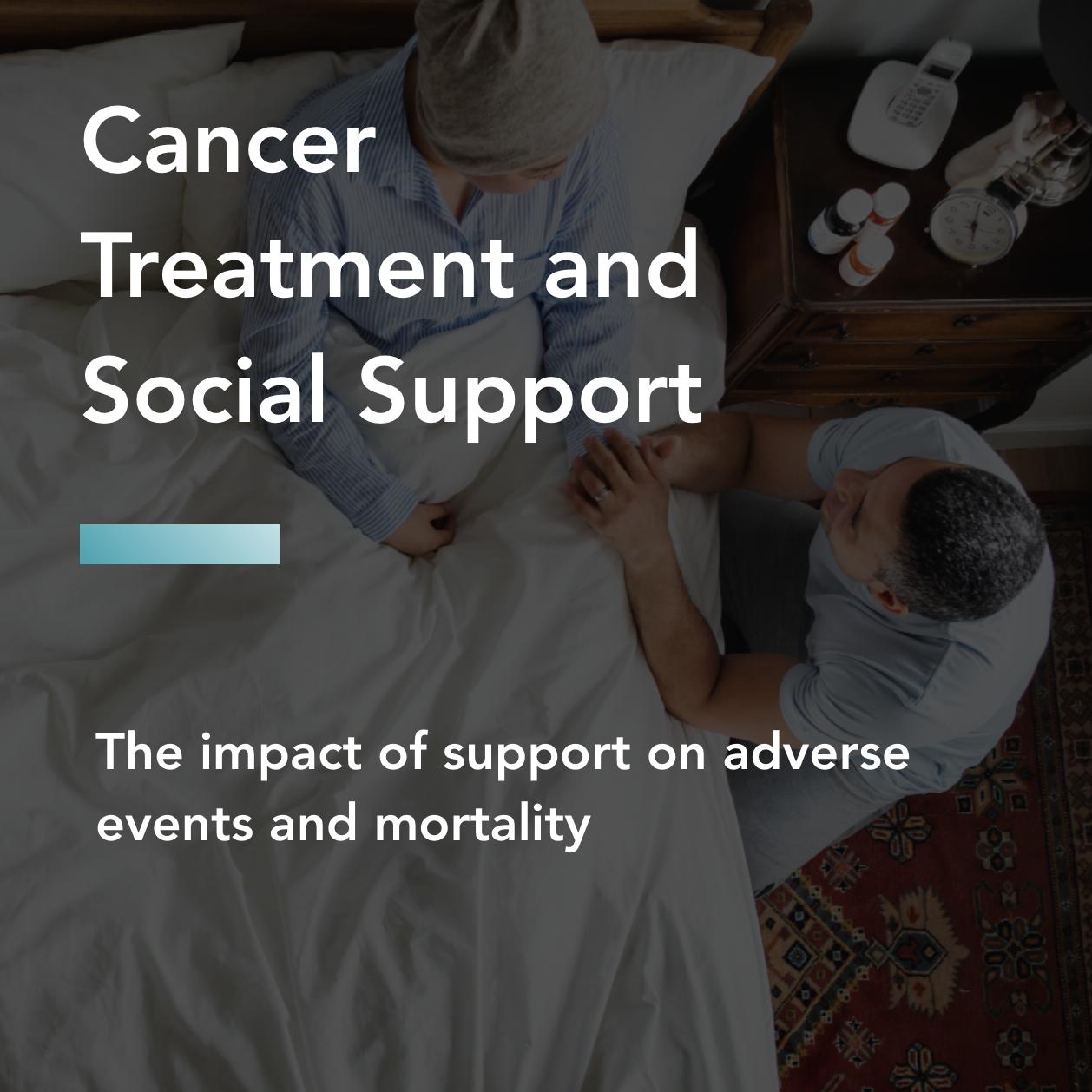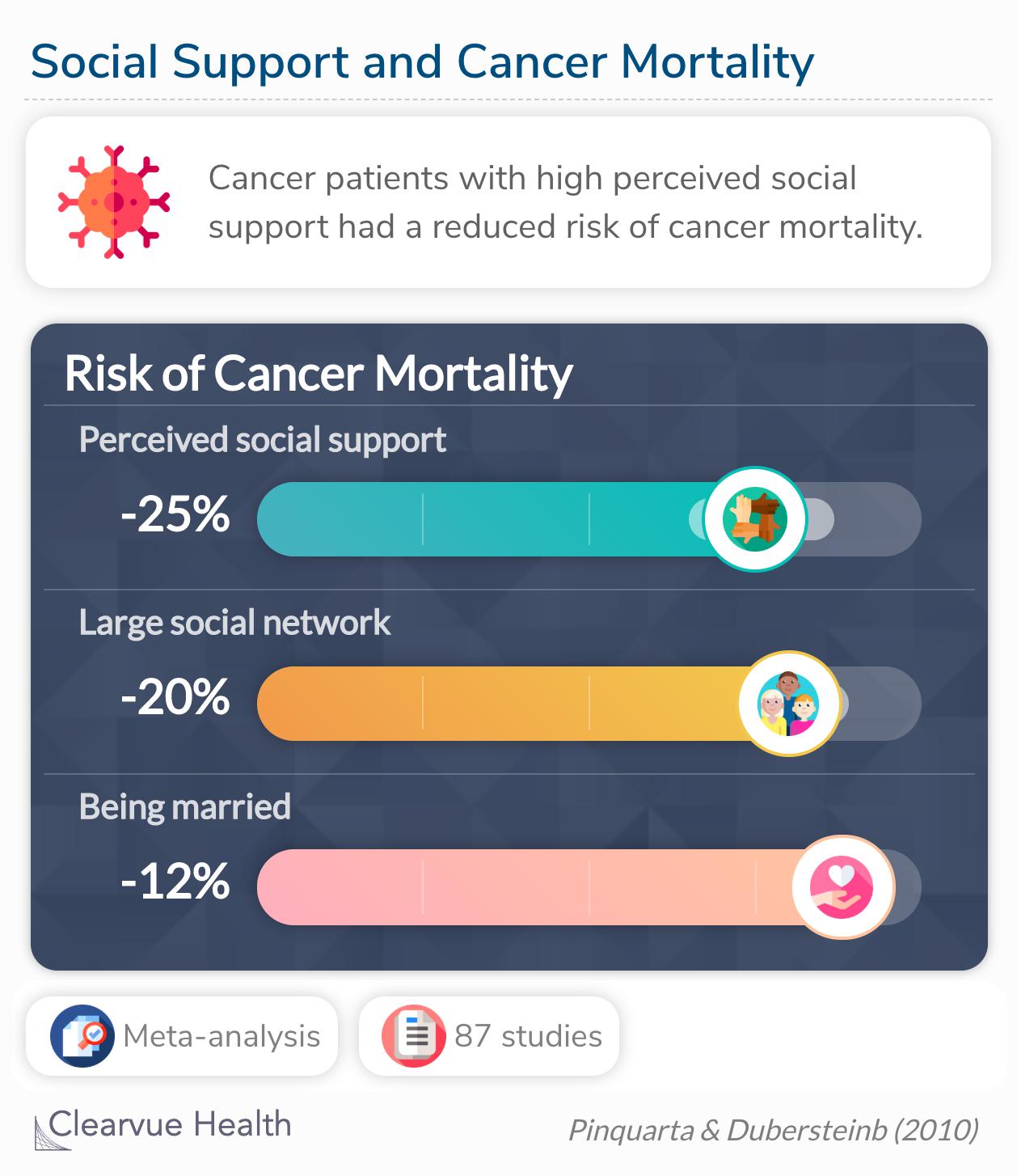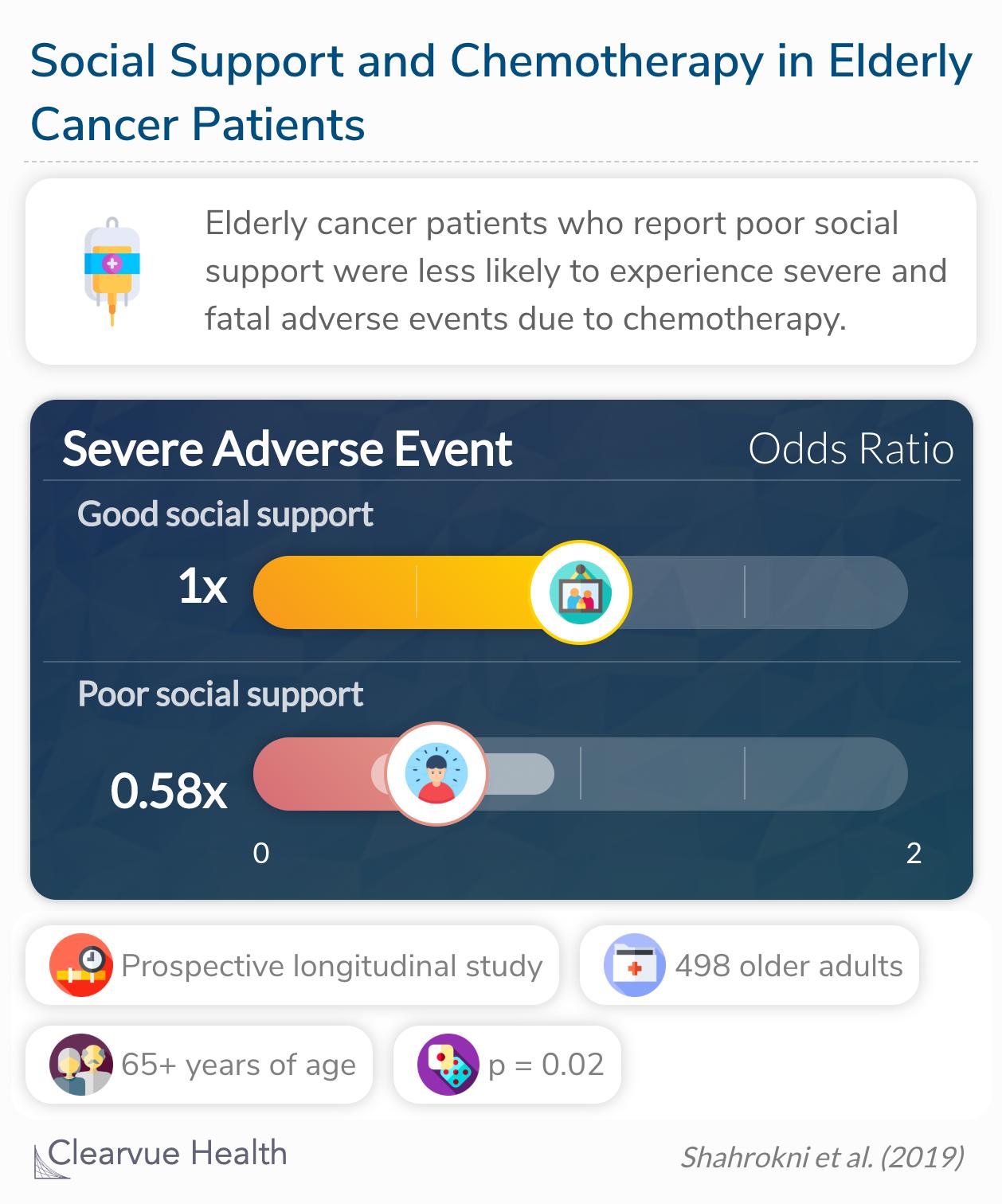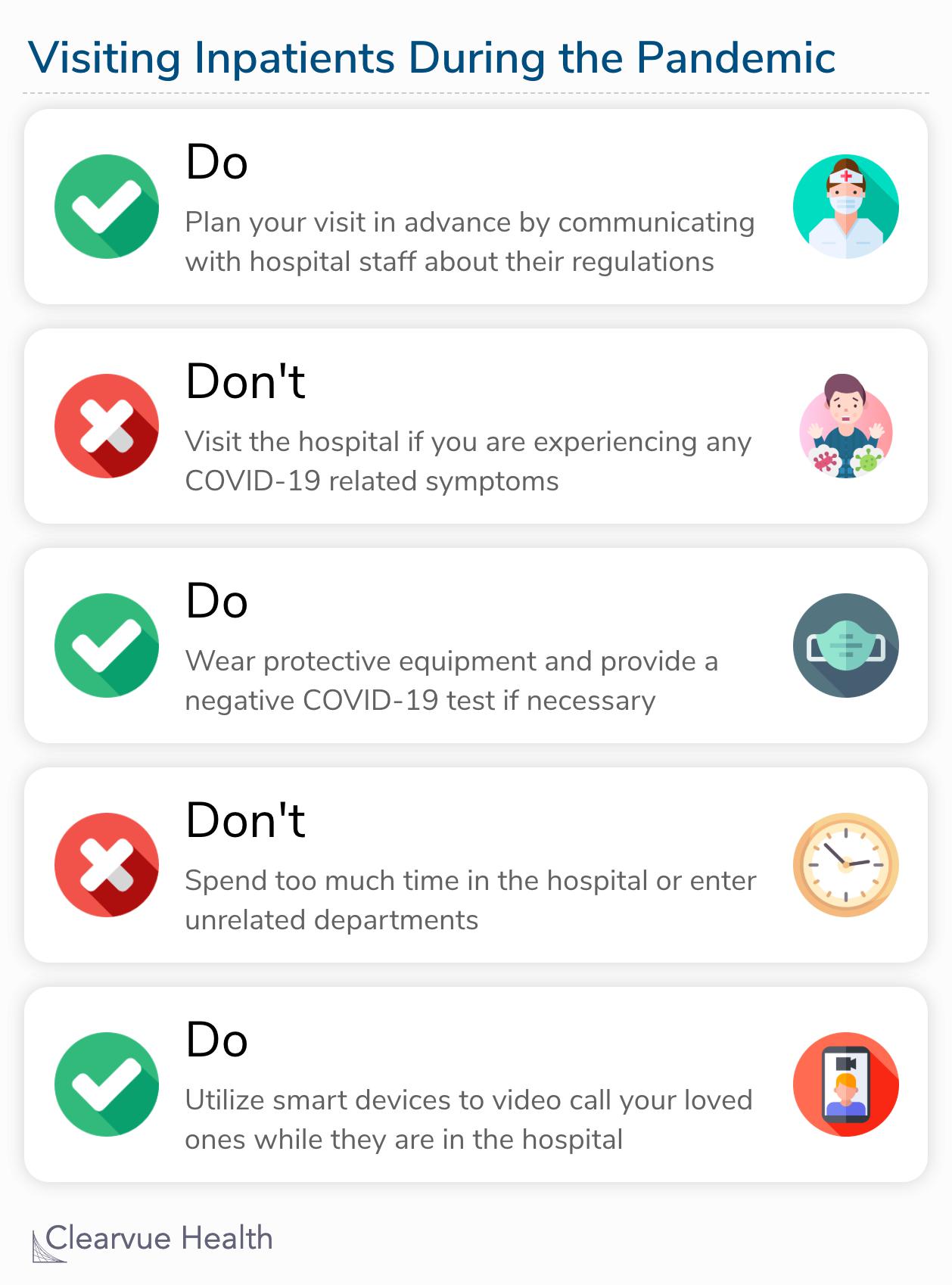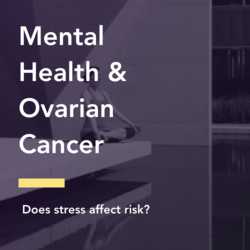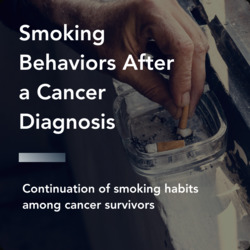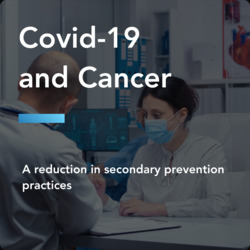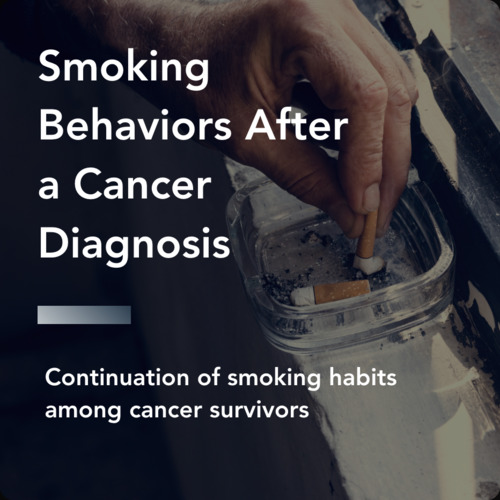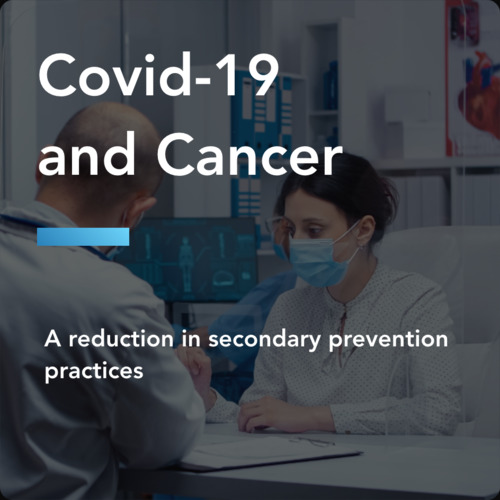cancer treatment and social support: The impact of support from friends and family on adverse events and cancer mortality
Social support and cancer mortality
The healing powers of social support are well established in clinical research. Many studies have examined the association between social support and cancer. A meta-analysis included 87 of these studies that focused on social support and the risk of cancer mortality. Specifically, they looked at perceived social support, social network size, and marital status.
In controlled studies, having high levels of perceived social support, larger social network, and being married were associated with decreases in relative risk for mortality of 25%, 20%, and 12%, respectively.
Source: Associations of social networks with cancer mortality: A meta-analysis
The pooled results found that having high levels of perceived social support, a larger social network, and being married was associated with decreases in the risk of cancer mortality. The greatest reduction was a 25% reduction in the risk of cancer mortality among patients with good social support. However, not all related studies agree that social support can help in every stage of cancer treatment.
Social support and chemotherapy
Researchers conducted a study of social support and adverse events to chemotherapy in elderly cancer patients. They compared the odds of adverse events in chemotherapy patients by their perceived level of social support.
Compared to patients with good social support, those with poor social support were less likely to have grade 3–5 toxicity, especially for non-hematological toxicity (adjusted OR = 0.52, p = .02).
Source: The association between social support and chemotherapy-related toxicity in older patients with cancer
Surprisingly, patients with poor social support had lower odds of severe adverse events due to chemotherapy compared to patients with good social support. Patients who did not have someone to take them to the doctor were less likely to have adverse events compared to patients who had someone to take them to the doctor most or all of the time. These findings contradict a body of research supporting the association between social support and positive cancer outcomes.
Social support for cancer patients during the COVID-19 pandemic
We do not know why social support is associated with a reduction in cancer mortality but an increase in chemotherapy side effects. What we do know is that everyone could use some extra support during this global pandemic. Alas, hospitals have implemented rules to limit the number of visitors, if any. Of course, these rules are essential for the health and safety of patients and hospital staff. Regardless, inpatients and their families are struggling to provide social support from outside the window.
